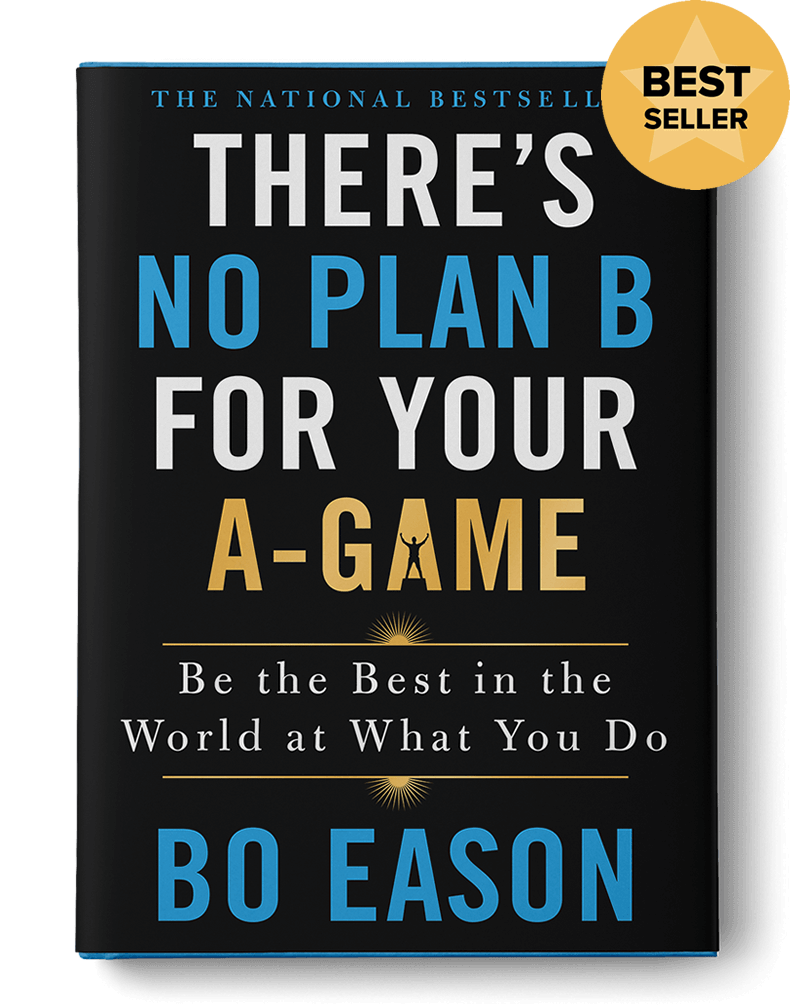I’m back in the theater. The theater is really my favorite place to be. Anytime I feel like I need to create something new, I go one of two places—I go to a field, grass field, where I feel a sense of myself and I start to create out there or I come to a dark theater like this one. This house has 620 seats. We’re doing a big show here in a few days and I’m rehearsing.
Most of you know I’ve performed this play over 1,300 times in the last 15 or 16 years. I wrote this play in 1998. People always say, “Well, I just don’t really want to rehearse,” or “I skip the rehearsal.” And I say, “No, you don’t understand. I’ve done this thing 1,300 times in theaters all over the world.” I rehearse my ass off. You have to. I’m in here this morning for three or four hours, getting to know this space, getting to understand my lines and my dialogue and what they mean and what I need from the audience and what I want to give to the audience. So I’m constantly rehearsing those kinds of things.
So if I can do this kind of work with a play that I wrote and that I’ve been performing for 15 or 16 years, then I certainly want you in there, marking your territory. I want you rehearsing. You have to outwork everybody.
The saying from Bobby Knight holds true. Everyone has got the will to win. No one has got the will to prepare to win. No one is really ready to speak; they just speak. I actually get ready to speak. I prepare myself to perform. Most people just want to perform or they just want to speak. That’s a mistake—it’s the #1 mistake.
Let’s talk about physical fitness. The people who I work with on an ongoing basis, I want them in perfect physical condition. What usually happens with them, even though we’re talking about speaking and presenting and being the best, ultimately what happens is that people lose a lot of weight. They get really lean because we cut the fat. It’s just what’s necessary to cut a path on stage. You’ve got to get lean. I want my clients in perfect expressive condition. I want their body expressive at all times. If it’s carrying too much weight and bogged down, it can’t do that. The promise I make to my clients is, “I don’t want anyone to look away from you, not for a second, not for a minute.” I don’t want your audience to think about anything else. I don’t want them to breathe. I want them to have complete focus on you—part of that is the physicality that you must have.
Now, I’m getting ready to do this show, so it’s one performance, right? So 60 days ago, I began rehearsing and getting this body ready to perform on this night coming up. So 60 days of preparation for this physically because I tend to get skinny and it’s hard for me to keep muscle on my body, especially at 54 years old. Tim Adams is training me. He’s an amazing trainer. We’re trying to put weight on me. So I’ve been working my butt off as far as putting on weight—running, a lot of physical stuff, a lot expressive stuff that gets your biochemical cascade accessed and out there. Here we are 60 days later and my body is sore, but it’s so much more expressive. I’m going to be a character that has to have some physicality and some power to him so I don’t want to leave anything out. So the nutrition that goes with being that physical and those kinds of workouts—you can’t out-train a bad diet, you just can’t. I demand so much of my body—if my nutrition is off—I’m off.
In two days time, these seats right behind me are going to be filled with people. People who paid a lot of money to sit in that seat, who got a babysitter that night, who took their wife or their husband to this show. I want them to turn to each other and say, “That’s the best performance I’ve ever seen.” That’s my desire. I don’t know if it’s going to happen or not, but that’s my attempt. That’s why I train as hard as I do. That’s why I rehearse. That’s why I eat properly and get my body physically fit so it can express itself. People are going to be in those seats. They paid their money. They’re going to want something. Most people are polite. They’ll put up with a bad performance. They’ll put up with my body not being in perfect sync with my words. They’ll put up with it, politely clap at the end and say, “Let’s go home. Let’s go eat. What are we doing next?” I don’t want that ever to happen in one my performances. I don’t want it happen to one of your performances. I want the spouses to turn to one another and say, “Did you see that? I’ve never seen anything like that before. My life is now different going forward.”
Isn’t that our responsibility as stage performers—as leaders? I believe it is.

